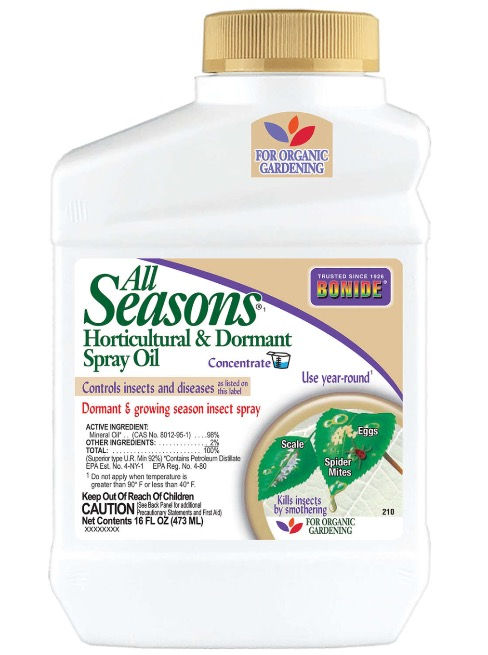garden pests : fungus gnat edition
- Jan 10, 2022
- 2 min read
Updated: Jan 31, 2022

it's a cold winter day. you're snuggled up on the couch, lost in the plot of a movie, and a tiny gnat zooms around your face. you finally swat it away, get back into your movie, and here comes another. what is it?
fungus gnats
these incredibly annoying tiny flies are fungus gnats.

they love the moist soil of your house plants, and that's where they make their home, where they welcome their baby fungus flies into the world.
they look like fruit flies. they don't bite, so not to worry, but they love eating the roots of your healthy plants.
in the winter, house plants don't consume as much water, so the excess water you do feed them, sits in the soil, making a soggy area inviting these little flies to lay eggs.
preventing the gnats
the simplest way to prevent their beginning is to never over water your potted plants.
watering plants from the bottom has proven to be a nifty trick, that way the top soil of your plants will never be super moist. however, you may have pots that don't allow you to water from the bottom. if you must water from the top, try not to soak the entire surface of the soil. instead, pour slowly in a small area, keep as much of the top of the soil dry.
covering the top of the soil with pee gravel, or landscaping sand, can also help keep these flies from ever reaching the soil, but i have learned that covering soil makes it a little more difficult for the soil to dry as quickly.
how to get rid of the fungus gnats
quarantine infected plants, if you can. this will make your eradication process much easier.
to start, let the soil of your plants dry out a bit.
if you have caught this at the very beginning you can try to spray neem oil all over the top of the soil, and allow it to soak in. this will suffocate the larvae, without destroying the nutrients of your soil. leave your plants for a couple of days and then move some of the dirt around to see if you have gotten rid of the gnats. if not, it's time to dig a little deeper. literally.

time to repot your plants without completely shocking them. while replanting in fresh, uncontaminated soil, spray emulsifying horticulture oil around the base of your plant and leaves. this oil will also suffocate larvae, and the oil helps to keep pests from being attracted to your plant in the first place.
give your plants a couple days, with very very light watering. keep an eye on your plants and resume your normal plant care.
please feel free to share how this helped you, or if you learned anything else along the way to plant recovery!
happy planting,










Comments